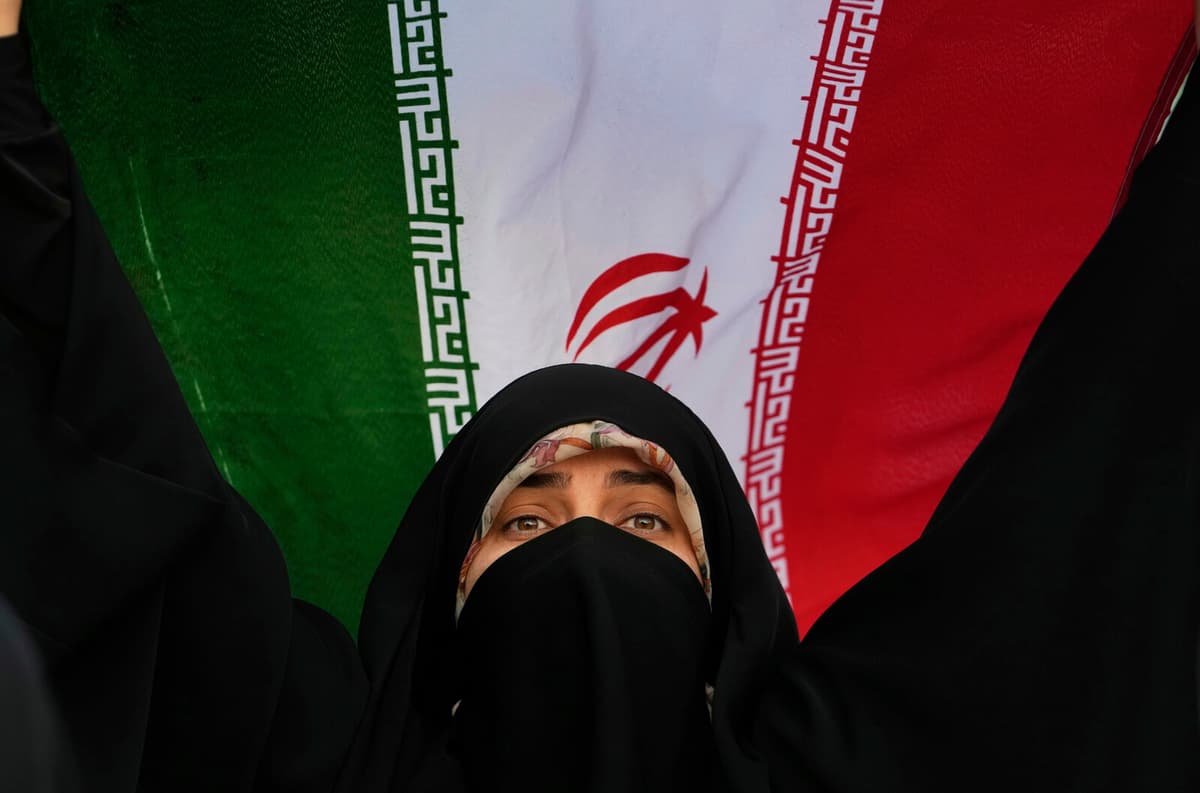Thousands of Iranians are seen on the streets of Tehran, impeccably dressed according to the regime's strict decrees and holding flags and pictures of Ayatollah Ali Khamenei. In interviews with, among others, CNN, they express pride in their country's government, and say that the worst thing about the war is that Israel has not been destroyed. The images give the impression of a people who will do anything for their all-powerful leader.
Iranians who are dissatisfied with the nearly totalitarian rule are not seen. Regime-critical Iranians dare, in some cases, not even be in contact with relatives abroad, for fear of being classified as "collaborators".
Serves as a warning
According to a new law, designed during the twelve-day war's start, even "indirect support" for Israel can lead to long prison sentences. Activities that are considered to benefit "hostile governments" are classified as "corruption on earth" - a criminal charge that often means the death penalty.
Authorities actually do not need a new law to be able to execute, says Mahmood Amiry-Moghaddam, founder of the Norway-based organization Iran Human Rights (IHR), which keeps statistics on executions in Iran.
But it serves as a warning to the inhabitants, since it includes people who follow or share things on social media, or are in contact with media and organizations abroad.
The day after Israel launched an attack on Iran, IHR published a list of ten people who have been sentenced for spying for Israel, and are therefore at particular risk of being executed. One of them is the Swedish-Iranian researcher Ahmadreza Djalali. In recent days, four people on the list have been executed. Human rights organizations fear that Djalali may be next in line.
Fear mass executions
Two of the four on the list who were recently executed were Kurds, who were arrested for smuggling alcohol from Iraq, according to Amiry-Moghaddam.
That was their indictment. Then they were forced with torture to confess to cooperating with Israel, which they were executed for.
Last time a war ended in Iran, after the bloody battles with Iraq in the 1980s, thousands of political prisoners were executed. The same people who made the decisions then are still at the helm today. Mahmood Amiry-Moghaddam fears that mass executions can occur again, since the regime must show strength despite questionable results in the battles.
They did not manage to show themselves strong against Israel and the US, but they can do it against the Iranian people and defenseless prisoners.
Sophie Tanha/TT
Fact: Executions in Iran
TT
Iran is one of the countries in the world that executes the most people. Many of those who are killed are political prisoners. The most common method is hanging.
During 2025, nearly 600 people have been executed. About twenty of them have been killed since the war broke out.
Source: IHR






